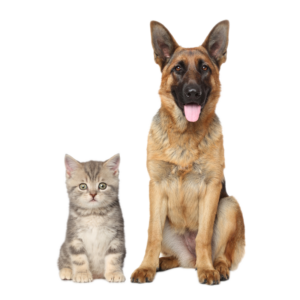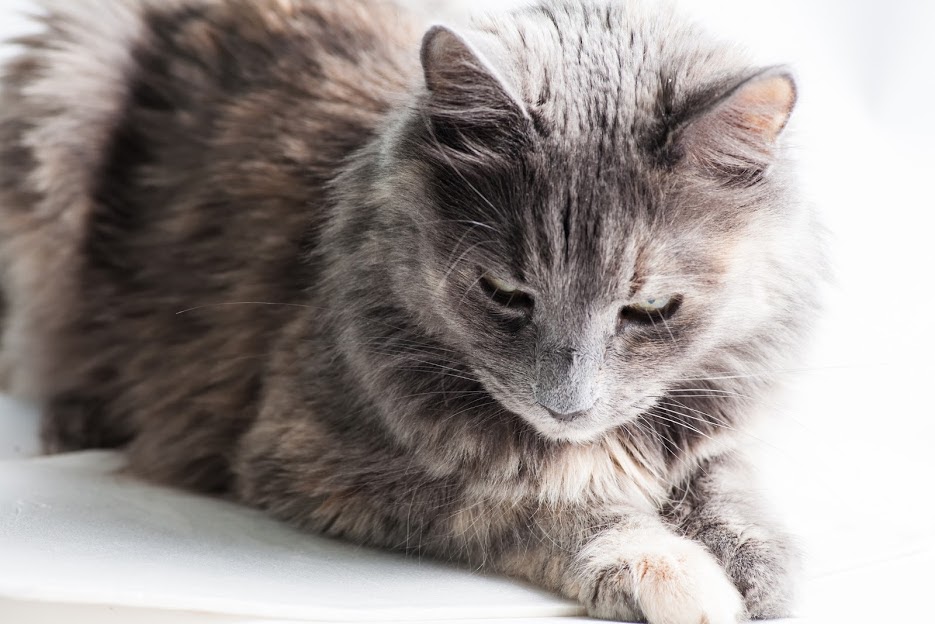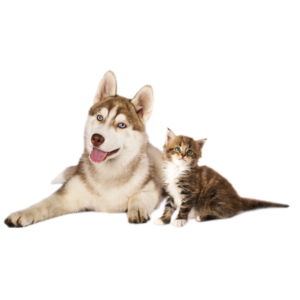Diabetes is when the pancreas either produces too much or too little insulin. And the body has a hard time regulating the sugars.
Here is my experience with diabetes, and a little story about Tom; Tom was 11 years old and was diagnosed with Diabetes Mellitus in 2014. Tom is Hypoglycemic. Hypoglycemic is when the body produces too little sugar and not enough insulin from the pancreas.
As a diabetic cat owner, I know the frustrations first hand when it comes to dealing with and maintaining healthy glucose levels. A lot of vet visits!
Tom is on his way of getting his own glucose meter, we are then able to check them as needed. Working in the animal industry has made things very easy for us where I can bring him to work as needed.
Tom does have insulin (Lantus) twice a day every (12 hours) he gets this after his morning and night feeding (never before eating). It’s also highly recommended that you keep your cat on a very strict diet as extra meals can have a big part in how the glucose levels may change. Tom gets a small sank of a few kibble in the afternoon, and that is basically his treats. Checking levels can start weekly then decrease to monthly.
Do stay in touch with your vet; having regular checkups to check glucose levels is very important.
Common symptoms your cat may have are:
- Increased Drinking,
- Increased Urination,
- Weight Loss or Weight Gain,
- Increased or Decreased Appetite,
- Vomiting,
- Lethargy and,
- Lack of Grooming.
HAIR MAT HACK BABY OIL: Works well to help get the hair mats out, gently pour a small amount into hand and massage onto the hair and base of skin, then simply wait a few days and mat will have fixed itself by falling off.
There are a few different types of food for a diabetic cat, Tom (personally) has had the best response to Purina DM, (this can differ per cat) Dietetic Maintenance is great if you have more than 1 kitty in your household, as they can all eat this food!
Tom lives with 3 other cats, and they all eat DM dry and DM wet, (do talk to your vet to find the best match for diet). Low carb diets are ideal, as obesity is a factor as well.
Exercise; Exercise is good for any cat, any toys to keep the active and intrigued to play, (laser pointers, stick and string toys, balls, and sometimes other cats in the household can help with exercise). Cats can also go into remission!
Written by Bedford South Veterinary Hosptial



